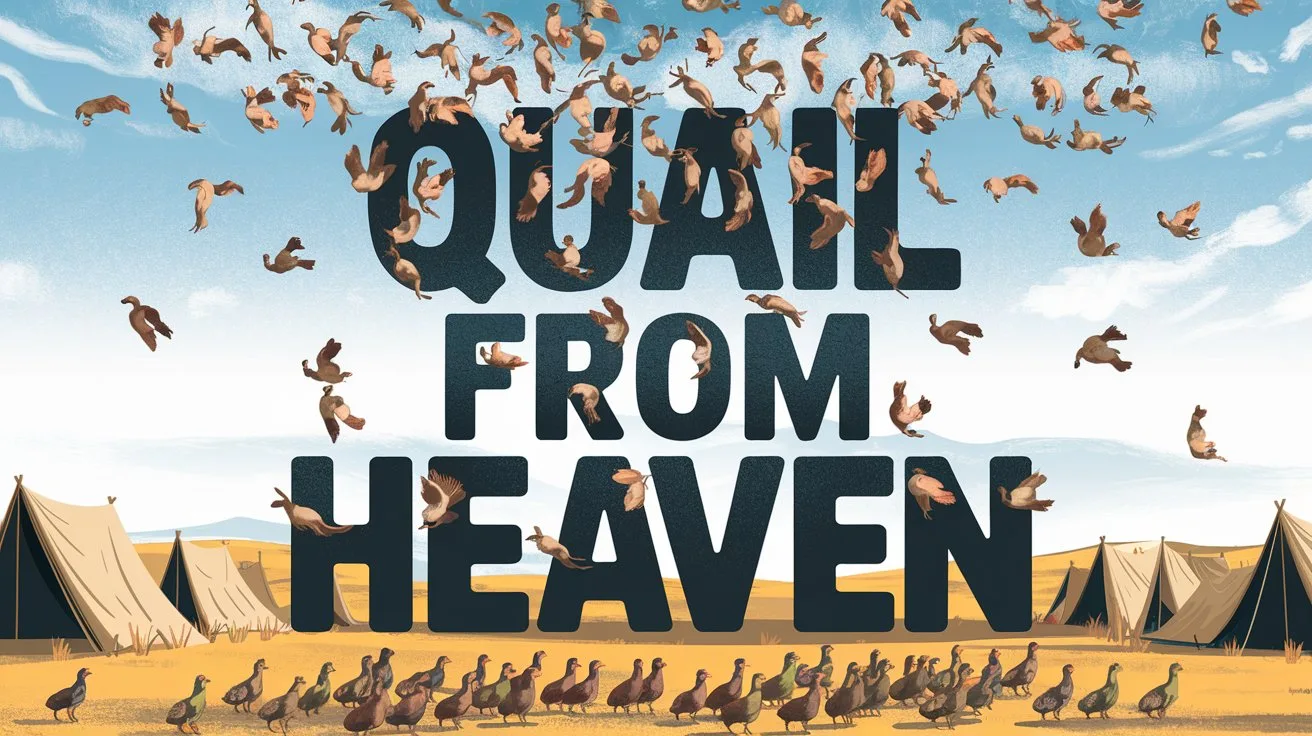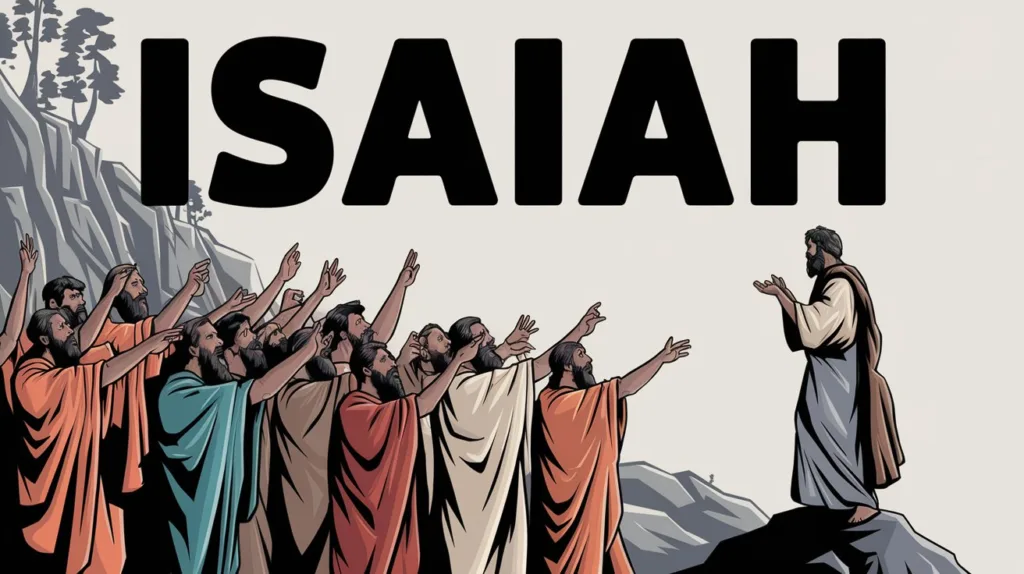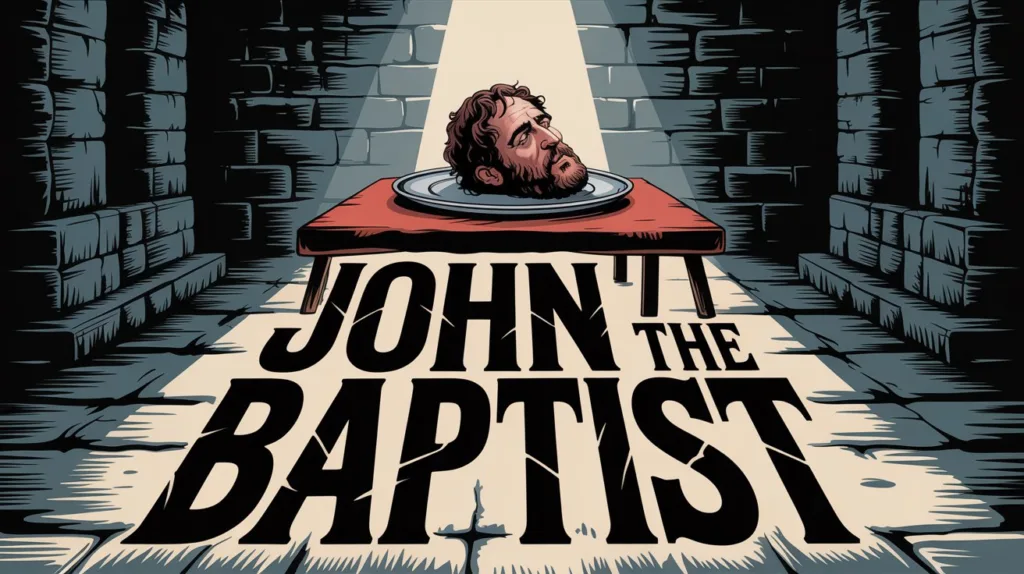The account of God providing quail to the Israelites appears in two major events in the Old Testament: Exodus 16:11-13 and Numbers 11:4-34. The first time, it was given as an act of provision. The second time, it was given as a response to their rebellion and dissatisfaction.
These events teach us about God’s faithfulness, the dangers of complaining, and the consequences of craving fleshly desires over spiritual sustenance.
First Provision: Quail and Manna in the Wilderness
After being delivered from Egypt, the Israelites found themselves in the wilderness with no food. Instead of trusting God, they grumbled against Moses and Aaron:
“Oh, that we had died by the hand of the Lord in the land of Egypt, when we sat by the pots of meat and when we ate bread to the full! For you have brought us out into this wilderness to kill this whole assembly with hunger.” (Exodus 16:3)
Even after witnessing the ten plagues, the parting of the Red Sea, and the bitter water made sweet, they still doubted God’s ability to provide.
God, in His mercy, answered their complaint:
“And the Lord spoke to Moses, saying, ‘I have heard the complaints of the children of Israel. Speak to them, saying, “At twilight you shall eat meat, and in the morning you shall be filled with bread. And you shall know that I am the Lord your God.”’ So it was that quail came up at evening and covered the camp, and in the morning the dew lay all around the camp.” (Exodus 16:11-13)
That evening, quail covered the camp, and the next morning, manna appeared for the first time. This was a demons/”>demonstration of God’s provision: meat in the evening, bread in the morning.
This event was a gift from God to sustain His people in the wilderness. But instead of gratitude, the Israelites would later return to their complaining, leading to a very different outcome.
Second Provision: Quail as Judgment
Sometime later, after experiencing God’s daily provision of manna, the Israelites grew tired of it and began craving the food they had in Egypt:
“Now the mixed multitude who were among them yielded to intense craving; so the children of Israel also wept again and said: ‘Who will give us meat to eat? We remember the fish which we ate freely in Egypt, the cucumbers, the melons, the leeks, the onions, and the garlic; but now our whole being is dried up; there is nothing at all except this manna before our eyes!’” (Numbers 11:4-6)
The “mixed multitude” (a group of non-Israelites who had joined them) stirred up discontentment among the people. The Israelites longed for the food of Egypt, completely ignoring the fact that Egypt was a place of bondage and suffering.
They had manna, God’s perfect provision, but it wasn’t enough for them. Their fleshly cravings blinded them to the spiritual reality that God was sustaining them. Moses, overwhelmed by their complaints, cried out to God:
“I am not able to bear all these people alone, because the burden is too heavy for me.” (Numbers 11:14)
In response, God provided seventy elders to help Moses lead, but He also decided to give the people what they asked for: quail in abundance:
“Therefore the Lord will give you meat, and you shall eat. You shall eat, not one day, nor two days, nor five days, nor ten days, nor twenty days, but for a whole month, until it comes out of your nostrils and becomes loathsome to you, because you have despised the Lord who is among you, and have wept before Him, saying, ‘Why did we ever come up out of Egypt?’” (Numbers 11:18-20)
That evening, a wind from the Lord brought quail from the sea, three feet deep, covering the entire camp (Numbers 11:31). The people gathered greedily, some collecting more than ten homers (which is about 60 bushels or 220 liters). But before they could even finish eating, God struck them with a plague:
“But while the meat was still between their teeth, before it was chewed, the wrath of the Lord was aroused against the people, and the Lord struck the people with a very great plague.” (Numbers 11:33)
The place was named Kibroth Hattaavah, which means “Graves of Craving,” because there they buried the people who had yielded to their lust.
Lessons from the Quail from Heaven
God’s Provision is Always Enough
When God gave the Israelites manna, He was providing exactly what they needed. Manna was called “the bread of heaven” (Psalm 78:24) and sustained them for forty years. However, their discontentment led them to crave something else: something that ultimately harmed them.
We often act the same way. God provides for our needs, but we become discontent and crave what the world offers. Like the Israelites, we sometimes desire the very things that once enslaved us.
Philippians 4:19 reminds us:
“And my God shall supply all your need according to His riches in glory by Christ Jesus.”
Complaining Against God is Dangerous
The Israelites didn’t just complain about God; they complained against Him. Their ungratefulness provoked God’s anger.
1 Corinthians 10:10 warns us:
“Nor complain, as some of them also complained, and were destroyed by the destroyer.”
Complaining is a form of rebellion because it shows that we do not trust God’s wisdom and provision.
Craving the Flesh Leads to Destruction
The people who lusted after meat received exactly what they wanted, but it led to their death. God may sometimes allow us to have what we insist on (but it may come with consequences).
Psalm 106:14-15 describes this moment:
“But lusted exceedingly in the wilderness, and tested God in the desert. And He gave them their request, but sent leanness into their soul.”
When we pursue our own desires over God’s will, we may find temporary satisfaction, but spiritual emptiness follows.
We Need Spiritual Food More Than Physical Food
Jesus referenced manna when He declared:
“I am the bread of life. He who comes to Me shall never hunger, and he who believes in Me shall never thirst.” (John 6:35)
The Israelites craved meat, but what they really needed was spiritual nourishment. Jesus is our true sustenance; only He satisfies our souls.
My Final Thoughts
These accounts of the quail from heaven is a powerful lesson in trusting God’s provision and guarding our hearts against discontentment. The Israelites’ craving led to their downfall because they valued fleshly desires over God’s provision.
We must learn to be content with what God gives us, remembering that true satisfaction comes from Christ alone. Instead of craving what we left behind in Egypt, we must look forward to the promised land ahead. Let us hunger for righteousness and trust in God’s perfect provision!





 Get the book that teaches you how to evangelize and disarm doctrines from every single major cult group today.
Get the book that teaches you how to evangelize and disarm doctrines from every single major cult group today.